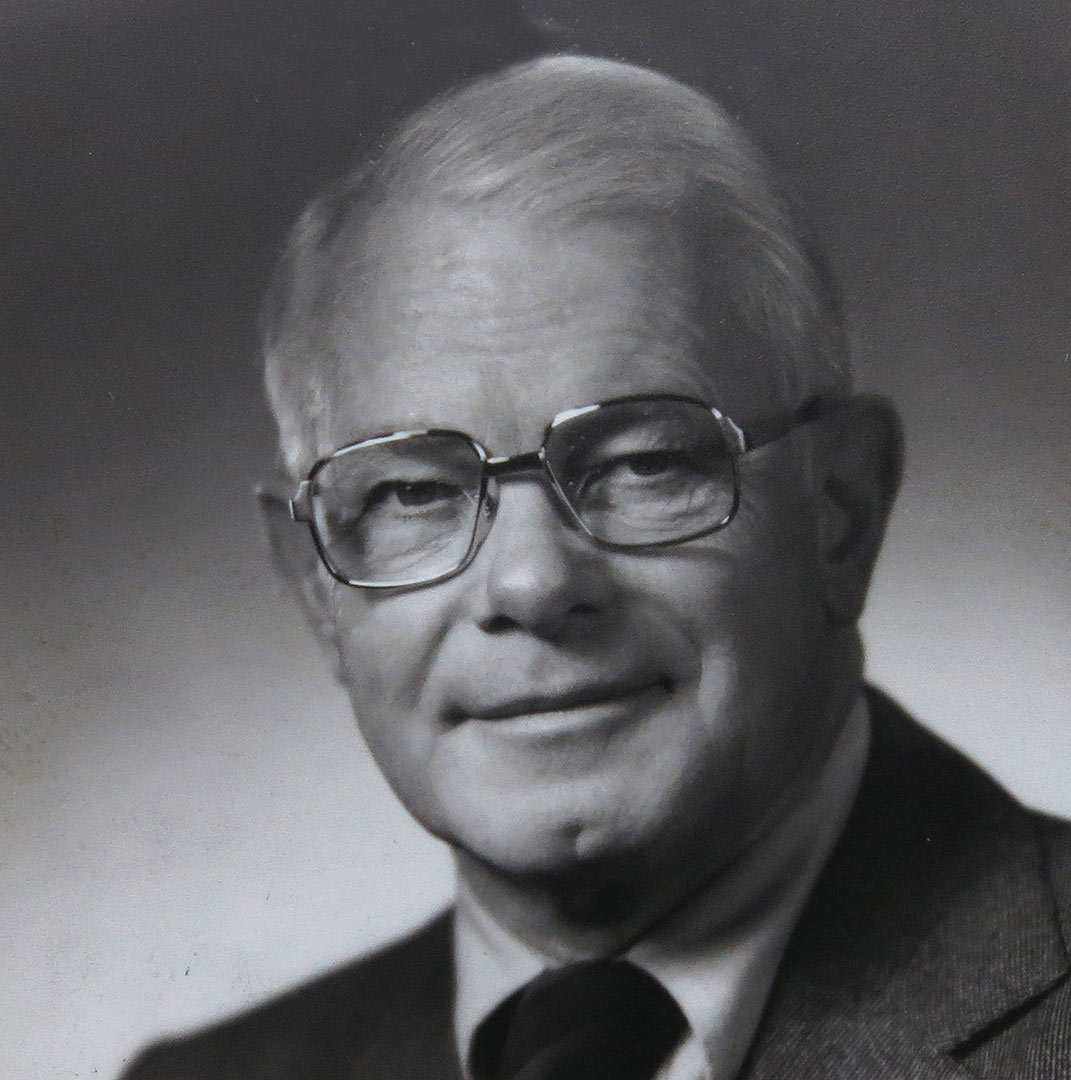
Career seminars link liberal arts, entrepreneurial success
The virtues of a liberal arts education don’t spring immediately to mind when you imagine two guys putt-putting around Nantucket Harbor peddling homemade fruit juice to thirsty boaters.
But there’s a real connection between the entrepreneurial spirit behind a business like Nantucket Nectars — which today employs 150 and markets its extensive juice line in 40 states, Canada, Europe and the Caribbean — and the traits nurtured at small liberal arts colleges. The successful entrepreneur, explains the director of the Bates College Office of Career Services, must be a creative and critical thinker, willing to take risks and able to handle a flood of information.
In other words, entrepreneurship is “really an exciting manifestation of what liberal arts means,” explains former OCS head A. Charles Kovacs.
The relationship between a foundation in the liberal arts and building a business is the theme of the Bates Seminar Series on Entrepreneurship (BSSE). Since 1999, OCS has presented entrepreneurs, leaders of non-profits and other experts who discuss their own ventures or shed light on diverse aspects of entrepreneurship.
“Most, if not all, of our presenters are products of a liberal arts environment. Quite a few are Batesies,” Kovacs says. Hr also noted, “all of these people have expressed their liberal arts training in new venture development.”
Speakers have included Jim Amaral ’80, whose company Borealis Breads has brought a new social consciousness to the Maine marketplace; Burt’s Bees co-founder and president Roxanne Quimby, who came to Bates to discuss market prospects for female entrepreneurs; Bates Trustee J. Michael Chu ’80, a managing partner of Catterton Partners, who addressed trends in venture capital; and, of course, the January 2003 speaker Tom First, who with Brown classmate Tom Scott launched a fruit-juice business in Nantucket Harbor.
For career-conscious students, a series focusing on start-ups only makes sense. Small businesses generate the lion’s share of new jobs in this country, with one study by the federal Small Business Administration reporting that small firms created more than three-fourths of net new jobs in the non-farm business sector between 1990 and 1995.
Moreover, in encouraging Bates students to consider going into business for themselves, the BSSE is reinforcing an existing tendency. Prior to launching the series, Kovacs explains, he and his staff realized that “there was an enormous number of Bates grads identifying themselves as founders or owners or managers of their own companies.”
According to Jeffrey A. Timmons, Distinguished Professor of Entrepreneurship at the Franklin W. Olin Graduate School of Business at Babson College, entrepreneurship “enables people to pursue and realize their dreams, to falter and try again, and to seek opportunities that match who they are, what they want to be, and how and where they want to live. No other employer can make this claim.”
Or, in the words of one Bates graduate who responded to an OCS survey, “As your own boss, you have the freedom to do what you want. It’s the freedom that makes it all worthwhile.”
The next BSSE presentation features the co-founders of a New Hampshire-based firm that makes miniature industrial sensors. Whitmore B. Kelley Jr. and Alyssa B. Vitalius ’98, who started SignalQuest Inc. in 1999, come to campus for the BSSE on March 17.


